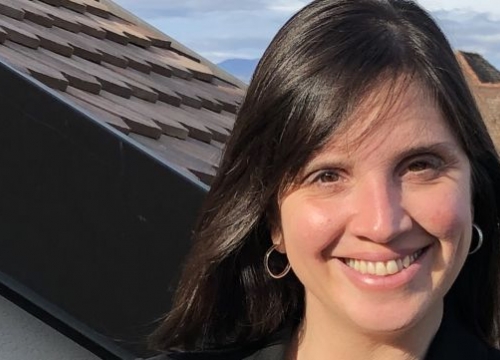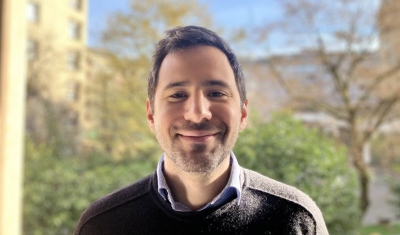Executive Master in International Law in Armed Conflict: What Participants Say
20 April 2020
Monica Garcia works in Geneva as Executive Assistant at Doctors Without Borders (MSF) Access Campaign, an advocacy unit within MSF pushing for access to essential medicines, diagnostic tests and vaccines for patients in MSF’s projects and beyond. Prior to that, she developed her professional career working in corporate communications in the private sector for more than 15 years.
Monica holds a degree in Law, an MBA and a Specialization on Humanitarian Action and she is currently enrolled in our Executive Master in International law in Armed Conflict.
Why did you choose the Executive Master in International Law in Armed Conflict?
I have always been interested in learning more about international humanitarian law (IHL). While I have developed most of my professional career in corporate communication in the private sector, my vocation for the humanitarian sector pushed me to work for MSF and to complement my professional profile with further education on humanitarian action. Holding a degree in law, I found that the next logical step was to pursue a master in international law in armed conflict, as 60 percent of MSF projects are run in armed conflict contexts, internal unstable contexts, and post-conflict contexts.
Does it respond to your expectations?
It fully responds to my expectations. It is amazing to look back and realize how many different topics, issues, and concepts we have covered, how much knowledge and critical thinking we have achieved and how much learning we have got from leading academics. It is also very enriching to see how the four main areas of study, public international law, IHL, international criminal law (ICL) and international human rights law are so interconnected and how they are applied in real situations.
What are the highlights of the programme?
I believe this programme improves not only our technical skills but also empowers us to evaluate critically a wide variety of international disputes and armed conflicts and to approach humanitarian crisis from a legal perspective.
A Moment you particularly enjoyed?
I have enjoyed a lot of lectures, but If I must choose one, I really enjoyed Professor Schabas’s lectures on ICL and the history of the International Criminal Court. It was an inspiring mix of law and history that took us back to the times of the Nuremberg trials.
What will it bring to your career?
This programme will bring me a valuable solid background in international law and will help me to further contribute to the legal analysis of humanitarian crisis. I look forward facing new professional opportunities and challenges where I will further develop all my newly acquired knowledge and competences.
Would you recommend it?
I strongly recommend it, especially to NGO workers interested in complementing their education in humanitarian action with a much more technical area of expertise. It will be very valuable to increase debates and discussions on the legal aspects and implications of humanitarian action and to learn how protection during a humanitarian crisis is guaranteed by international law as well as the existing legal gaps and improvement opportunities.








